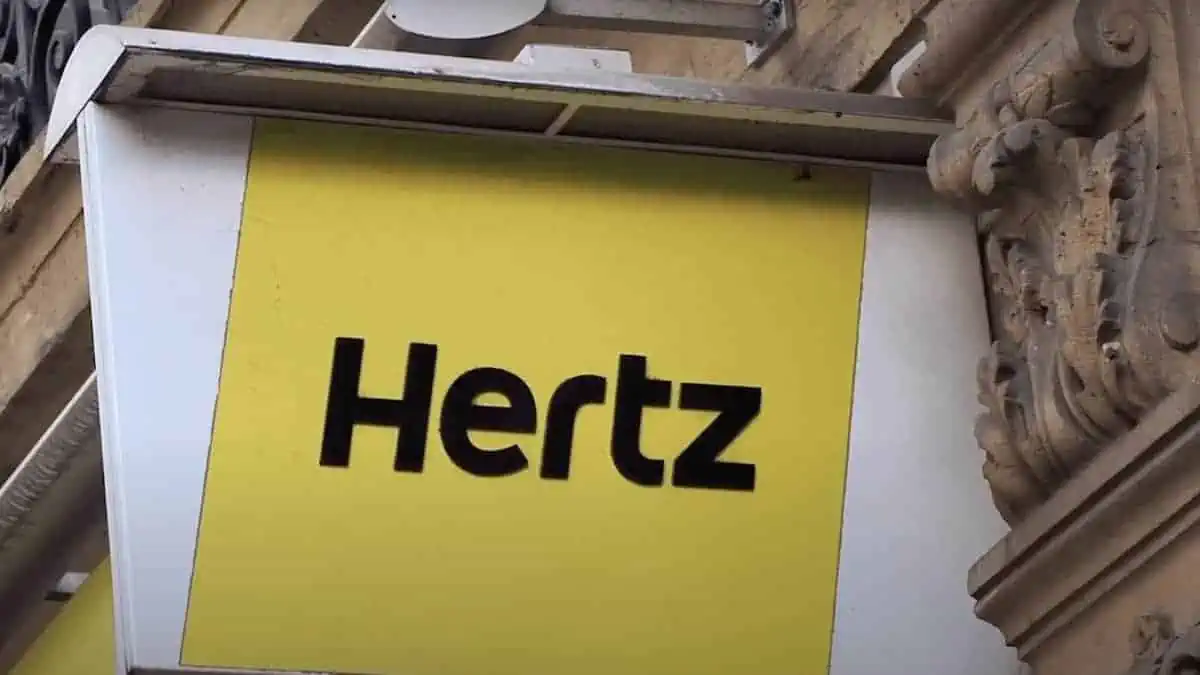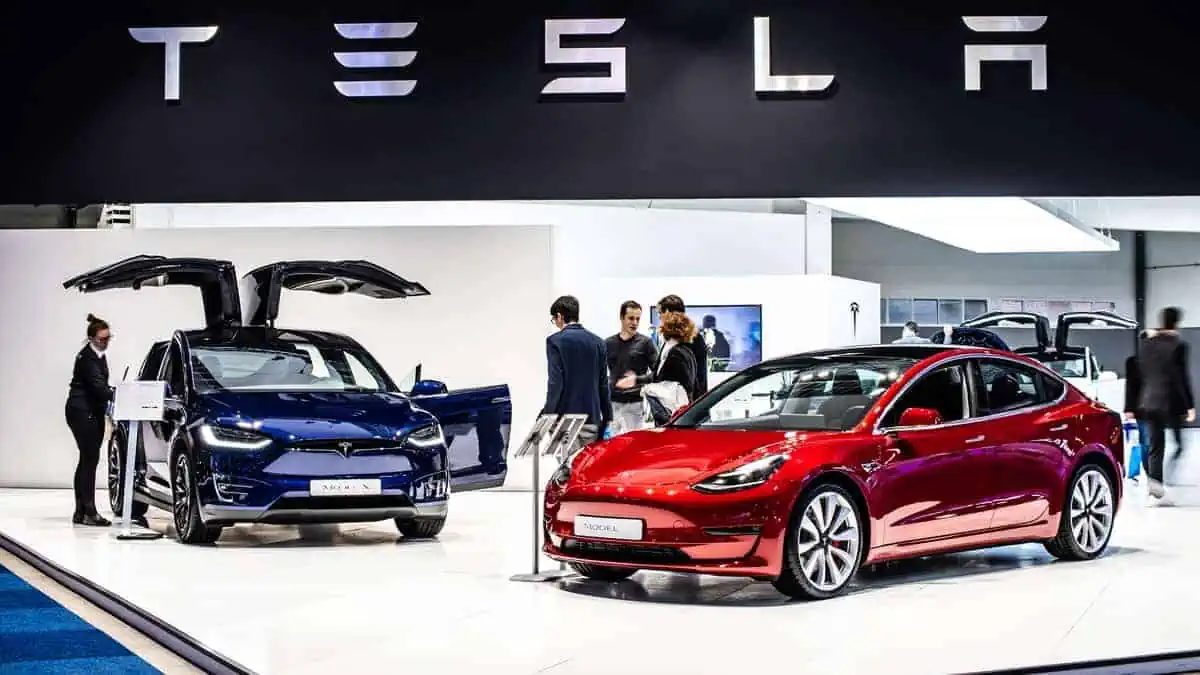American car rental firm Hertz decided to shelve its previous plans to acquire tens of thousands of all-electric vehicles from Swedish partner Polestar in 2024, Financial Times reports.
The move is apparently a result of the substantial decline in the resale value of electric vehicles in 2023, prompting the rental giant to scale back in its electrification push.
Original agreement
Hertz committed to purchasing 65,000 electric vehicles from Polestar within five years under a 2022 agreement, indicating an estimated investment of $3 billion.
Notably, Polestar already supplied approximately 13,000 BEVs to Hertz.
It is a significant part of the car rental giant’s goals to have electric vehicles account for a quarter of its overall fleet by 2024. Apart from Polestar, Hertz also agreed to purchase 100,000 EVs from industry leader Tesla.
Plan changes
Unfortunately, the resale value of electric vehicles suffered a substantial decline in late 2023. In addition, repair costs surged higher than expected.
These two major factors pressed Hertz to sell Tesla cars in its car rental fleet, making it impossible for the company to achieve its 25% EV target.
Now, Hertz has also decided to cancel its plans to buy Polestar EVs this year. Polestar CEO Thomas Ingenlath reportedly received Hertz CEO Stephen Scherr’s inquiry last autumn about whether it is possible to pause their purchase deal throughout this year.
Polestar compromised to grant Hertz’s request to pause the original purchase agreement this year. However, it demanded the car rental company avoid selling its currently owned Polestar EVs “early or too cheaply.”
Hertz must “keep the cars longer than a year, we work with them, and we have the right to first refusal whenever they want to take them out of the fleet,” Polestar CEO Thomas Ingenlath noted.
EV growth
Hertz’s move to step back in its electrification initiatives may be seen as an indicator of waning demand for electric vehicles.
However, the EV market actually continues to grow. In the US, plug-in vehicle sales hit a new record of more than 1 million units last year. Its market share also increased year-on-year from 6% to sub-8% in 2023, Kelley Blue Book‘s data revealed.
It is just that several automakers went overboard with their EV investments, while demand slightly waned compared to its levels a few years ago. It resulted in companies pausing or withdrawing from their EV plans, like Hertz.
Despite the plan changes, there remains to be a “clear intention” to resume the purchase deal in the future. However, Polestar and Hertz still need to review at the time if they can restart transactions in earnest in 2025.






